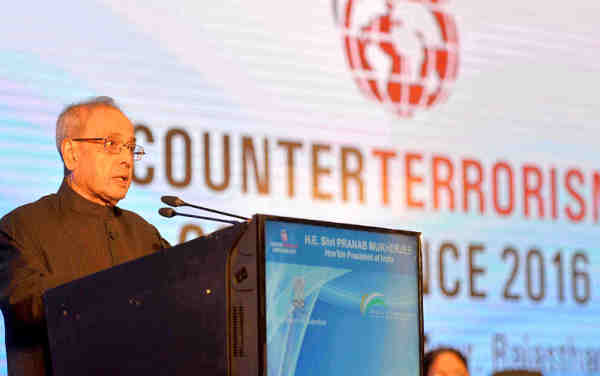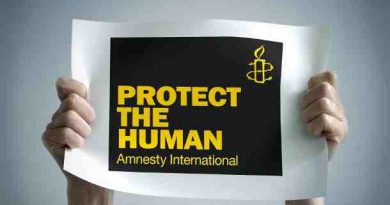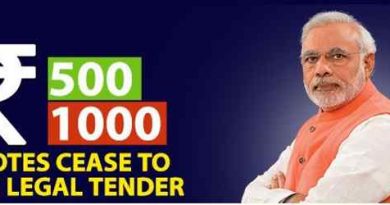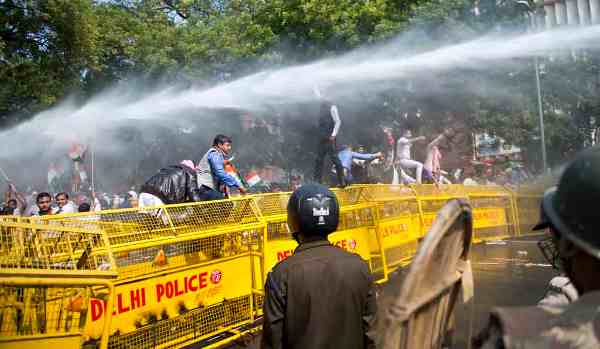What Is India’s Counter-Terrorism Strategy?

The President of India, Pranab Mukherjee, inaugurated the Counter-Terrorism Conference 2016 Tuesday at Jaipur, a city in India.
Speaking on the occasion, the President said that terrorism is undoubtedly the single gravest threat that humanity is facing today. Terrorism is a global threat which poses an unprecedented challenge to all nations.
No cause can justify terrorist acts. It is imperative that the world acts in unison against terrorism, without political considerations. Therefore, there is a need to take a resolve to not justify terrorist means whatever be the reason or the source.
[ Should Narendra Modi Raise the Terrorism Issue? ]
The President said that an important aspect of counter-terrorism strategy is capacity building to prevent attacks through intelligence collection and collation, development of technological capabilities, raising of Special Forces and enactment of special laws. Though we have evolved certain mechanisms in this direction, there is scope for further intensifying these efforts.
[ Who Is Responsible for Pathankot Terrorist Attack? ]
The President said that counter terrorism is generally considered to be about tactics, weapons, force levels and intelligence gathering. While these things are important the predominant focus has to be on the political management of terrorism.
This includes addressing issues of ideology and dealing with countries that sponsor or support terrorism. It is imperative that the world in one voice rejects all manifestations of terrorism, without distinction, and proscribes States that support or sponsor terrorism as an instrument of State policy.
[ How U.S. Plans to Defeat ISIS Terrorists in the Cyberspace ]
We cannot also forget the fact that civil society is both the frontier and the battleground which has to be protected and saved. Fragmentation of civil society, rather than its consolidation, is not a wise strategy. The former course leads to radicalization, which thereafter leads to competitive violence.
Think tanks and civil society organizations have a larger role to play in this process of social integration.
The President said that our counter-terrorism effort has to be more pointed, more focused, more objective and more professional. While doing so there will always be a dilemma of whether we are threatening individual liberties or human rights.
[ Also Read: How India Abuses Children’s Right to Education ]
We have, therefore, to be judicious in protecting larger freedoms and democratic values. We need to fight this scourge at all levels – through shaping of public opinion, society building and evolving a concerted and integrated counter-terrorism policy premised on international cooperation in intelligence sharing.
Among the dignitaries present on the occasion were Dr. Abdullah Abdullah, Chief Executive of Islamic Republic of Afghanistan, Kalyan Singh, Governor of Rajasthan, Vasundhara Raje Scindia, Chief Minister of Rajasthan and Suresh Prabhu, Union Minister of Railways.
Photo courtesy: Press Information Bureau






